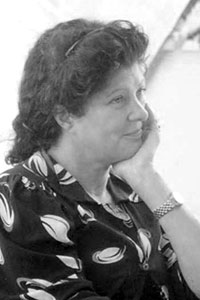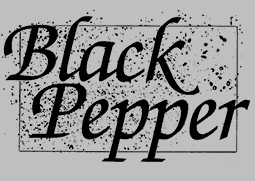|
|
Susan Hancock

| Published titles : | Sailing Through the Amber The Peastick Girl |
The state of exile has featured in most of her short stories, some of which were collected in Sailing Through the Amber, favourably reviewed in Australia and New Zealand. There have been a number of readings from this collection on Radio New Zealand and in Australia, on International Women’s Day, and in New Zealand the collection has also been turned into a talking book for the blind. The story, ‘Windsong’, won the Sunday Star-Times Short Fiction award in 1994, and was recently republished in Sunday 22 (Vintage, 2006). Sailing Through the Amber was shortlisted for the 1996 Steele Rudd Award.
Hancock’s fictions have won her considerable critical acclaim, the poet and critic Chris Wallace-Crabbe naming her in Australian Book Review as one of the ‘four best stylists writing in Australia.’ Her reviews and essays on subjects as diverse as the Yemen, Women’s Theatre and the force of Feminism in creating anarchic text, Jungian archetypes of the Trickster figure as an aid in breaking writer’s bloc, the Raurimu Massacre and King Lear, Uganda in the first years of independence, and so forth, have been regularly published in the Australian press. Her essay on War Memorials, Ground Zero and the ruinous early state of half-built Washington as described by Henry Adams was republished from The Age, Melbourne, in Best Australian Essays 2001, where the editor, Peter Craven, Australia’s most redoubtable critic, described it as ‘this jewel-like essay, literary in all its facets.’ As well as teaching literature and creative writing in Australian and Italian universities she has also written on Medical Ethics and Health outcomes for the Economist Intelligence Unit in London. She is currently an International Moderator for the International Baccalaureate course in World Literature.
Susan Hancock is writing a follow up novel to The Peastick Girl called The Lost Book (the name once given to Lloyd’s Register of Lost Shipping). It is the sequel to The Peastick Girl, but stands alone in its enquiry into the secret and hidden sides of the Matheson family’s recent history.
“Oceania, with its seas and islands and stars, enlarges our sense of the individual lives that make up this world.”.

